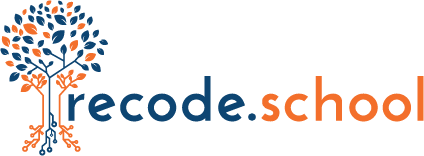Trusting our Teachers: Stories from STEAM
We have been having lots of tours of STEAM lately ... and the word "Wow" was used multiple times this week in follow-ups by visitors. That's great and a nice validation by other professional educators, but what I really want is for STEAM not to stand out as much because other schools steal and implement our ideas and models. That is the point of a research and development school, after all.
One of our core ideas has always been to get the right adults in the building and then deeply trust our people. Part of that story means a bit more turnover especially at the beginning, but the lasting part of that story is the culture of trust we have in our staff. And, just to validate that ... it shows up in our data such as these TELL survey results where 2/3 report strong agreement on the question of whether they are trusted (see blue in bottom row).
Results from the 2017 TELL Survey
That kind of trust does not happen by chance, rather it takes intentional effort. School leaders and communities have to be willing to stand back a bit even in the face of potential failures. We have to encourage a bit of risk-taking and not freak out when something goes a bit amiss. Over time, not only does that create a culture of trust, it also lets them refine their own practice ... which earns them more trust ... and that cycle repeats until what we really have is a culture of professionals making sound professional judgements.
No single person or institution or policy can "fix" schools ... what we need are thousands of professionals making professional judgments day after day after day. If we trust teachers ... they will earn it and reward us all with better schools for our children.


